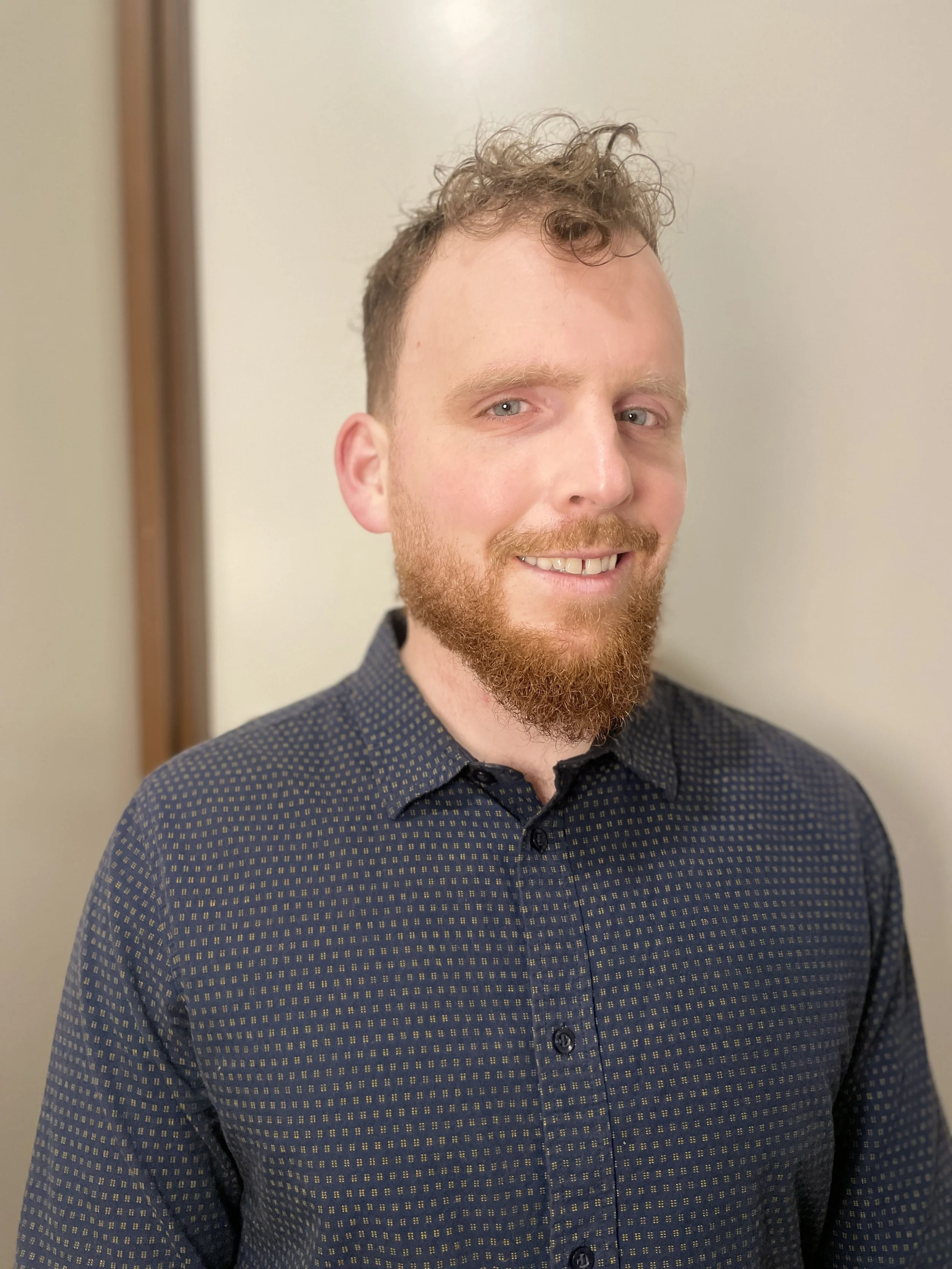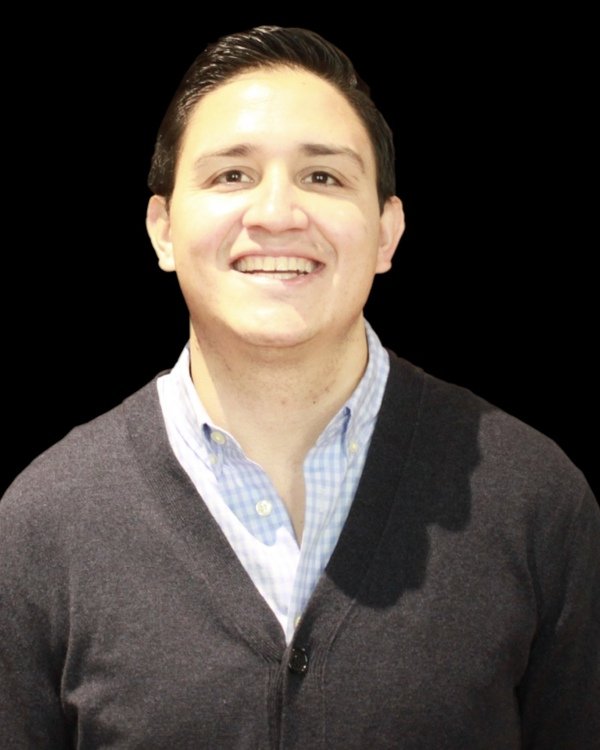Fellowship Program
……………………………………………………
Our yearly Fellowship programme is designed for academics and practitioners at all stages of their career to engage in electoral integrity research, with the support of the EIP, other fellows, and members of our Advisory Board. Junior Fellows are academics at the level of Master’s or PhD Student. Fellows are academic at the level of postdoctoral fellow, Assistant Professor, Lecturer, or the equivalent. Senior Fellows are academics at the level of Associate or Full Professor, Senior or Principal Lecturer, Reader, or the equivalent. Practitioner Fellows are practitioners in a field related to electoral integrity at any stage of their career. This may include fellows from government, non-governmental, civil society, or industry.
APPLICATIONS for fellows 2026 – NOW OPEN!
Deadline: November 15, 2025
COMPONENTS
Conduct an academic research project on a topic related to electoral integrity.
Produce a working paper and associated conference presentation for our annual workshop
Engage in monthly seminars, where fellows will present their work to receive valuable feedback and engage in stimulating discussion.
Junior fellows will have the option to be matched with a senior mentor from our International Advisory Board or established practitioner partners.
TYPES OF FELLOWSHIPS
Junior Fellows: Academic at the level of Master’s or Doctoral Student or Candidate.
Fellows: Academic at the level of postdoctoral fellows, Assistant Professor, Lecturer, or the equivalent.
Senior Fellows: Academics at the level of Associate or Full Professor, Senior or Principal Lecturer, Reader, or the equivalent.
Practitioner Fellows: Practitioners in a field related to electoral integrity at any stage of their career. This may include fellows from government, non-governmental, civil society, or industry.
IN ADDITION TO GENERAL FELLOWSHIPS, three NAMED FELLOWSHIPS ARE AVAILABLE:
Carter Center Democracy Fellowships (2 fellowships available): $1000 USD each: For students or scholars from any country, working on any area of electoral integrity research. In collaboration with the Carter Center (https://www.cartercenter.org/)
Consortium on Electoral Democracy (C-Dem) Fellowship (1 fellowship available: $1000 CAD: For students from Canada working on any areas of electoral integrity research. In collaboration with the Consortium on Electoral Democracy (https://c-dem.ca/).
Carter Center-Emory University Democracy and Electoral Integrity Completion Fellow: This fellow is selected through a separate process and is not available for application at present.
2025 Fellows
Kateřina OCHODKOVÁ, junior Fellow
Kateřina Ochodková is a Ph.D. student in Constitutional Law and Theory of State at the Masaryk University, Brno, Czechia, focusing on the electoral integrity of postal voting systems in the Visegrád Group countries. She also works as a junior researcher at the Judicial Studies Institute (at the same place), focusing on (Czech) parliamentary obstructionism. She holds a Master's degrees in Law (2022) and Political Science (2024), both from Masaryk University, and has various election-related experiences, e.g., with election observation and exit polls.
francisca castro, JUNIOR Fellow
Francisca Castro is a researcher at the International Security and Development Center, where she studies political behavior and attitudes in fragile settings and post-conflict countries. She is also associated with the ERC Project "Participation and Representation in the Digital Age," working on how people engage in both electoral and non-electoral political acts, focusing on Latin America. She is in the process of obtainingher PhD in Political Science at Humboldt University of Berlin. Her doctoral dissertation explores the role of contentious politics and governance in the region. In her EIP Project "Countering the Erosion of Trust: Mitigating the Impact of Electoral Fraud Allegations" she aims to explore how electoral systems can become more resilient to claims of electoral fraud, using Bolivia, Chile, and Mexico as cases of study.
MARJORIE MARONA, fELLOW
Marjorie Marona is a Professor of Political Science at the Federal University of Minas Gerais (UFMG), coordinator of the Observatory of Justice in Brazil and Latin America (OJb-AL/UFMG), and researcher at INCT QualiGov. She holds a PhD in Political Science from UFMG (2013) with a research internship at the University of Coimbra, a Master’s in Philosophy of Law (2004), and a Bachelor’s in Law (2001). Co-author of A Política no banco dos réus (Autêntica, 2022), awarded Best Scientific Work (ANPOCS/2023), and co-editor of Democracia e Justiça na América Latina (Eduerj, 2021).
ERIN FITZ, ifes hybl fellow
Erin is a PhD Candidate at Colorado State University. She specializes in political behavior and political psychology, with a particular focus on elections, political participation, public opinion, and the dynamics of trust and risk.
JOSEPH KLAVER, FELLOW
Joseph grew up in Ann Arbor, Michigan before attending the University of Michigan for both his undergraduate and graduate studies, where he received a PhD in political science with a focus on disputed elections. The interest in what happens when electoral results are called into question began with the aftermath of the 2000 presidential election in the United States and has only been stoked since that time. He now works at the University of Passau in Germany, where he teaches classes at the Chair of Comparative Politics and Government.
EMRE TOROS, SENIOR Fellow
Emre Toros is a distinguished scholar specialising in political behaviour and public opinion research. Currently a Professor at Bilkent University, he has held prestigious visiting positions at Harvard University as a Fulbright Fellow (2022-2023), King’s College London as a British Academy Fellow (2016-2017), and Stanford University as a post-doctoral researcher (2013-2014). Significant grants, including the British Academy Newton Advanced Fellowship and TÜBİTAK, have supported his research. With expertise in electoral integrity, quantitative methods, and democratic perceptions, Dr. Toros has authored numerous publications, advancing interdisciplinary approaches to political and social research globally.
ALEJANDRO GONZALEZ RUIZ, IFES MANATT Fellow
Alejandro is a PhD student in Political Science at the University of Notre Dame, focusing on post-electoral conflicts and democratic backsliding. Alejandro seeks to implement a mixed methods approach to analyze data from Electoral Management Bodies (EMBs) and to conduct legal analyses of pivotal post-electoral conflicts. He has experience working in multilateral organizations such as the OAS and the Mexican government. He has managed technical-electoral cooperation projects in Latin America. Alejandro holds a JD from Universidad Nacional Autónoma de México (UNAM) and a Master in Policy Management (MPM) from Georgetown University. He is proficient in Spanish, English, and Portuguese.
BERNARD TAMAS, Senior Fellow
Bernard Tamas is Professor of Political Science at Valdosta State University (USA). He was a Visiting Research Scholar at Columbia University, Postdoctoral Fellow at the Harvard-MIT Data Center, and Fulbright scholar to the Central European University (Hungary). He has taught at Williams College and Brandeis University, and currently co-chairs the Georgia state-chapter of the Scholars Strategy Network. Bernard’s work on voter suppression has been funded by MIT’s Election Data and Science Lab and the American Political Science Association. He has authored the book, “The Demise and Rebirth of American Third Parties” and is a frequent media commentator on US elections.
MÁRIA Žuffová, hc2p fellow
Mária Žuffová is a Research Fellow at the European University Institute, Italy. She works at the intersection of political and communication science, focusing on the relations between the state, political actors and journalists and how they affect what information we as an audience receive and how much we trust it, (2) how stereotypes shape representation and (3) how transparency policies are used by different actors and the ways they serve public benefit. Her work has been published in the European Political Science Review and the International Journal of Press/Politics, among other outlets.
ROBERT BOATRIGHT, SENIOR Fellow
Robert G. Boatright is Professor of Political Science at Clark University and the Director of Research for the National Institute for Civil Discourse at the University of Arizona. His research focuses on U.S. primary elections and campaign finance laws. He is the author or editor of several books, including Reform and Retrenchment: A Century of Efforts to Fix Primary Elections; The Deregulatory Moment? A Comparative Perspective on Changing Campaign Finance Laws; Getting Primaried: The Causes and Consequences of Congressional Primary Challenges; and Interest Groups and Campaign Finance Reform in the United States and Canada. He received a Ph.D. from the University of Chicago and a B.A. from Carleton College.
THESSALIA MERIVAKI, SENIOR FELLOW
Thessalia Merivaki is an Associate Teaching Professor at the McCourt School of Public Policy and an Associate Research Professor at the Massive Data Institute.
Dr. Merivaki studies how information flows in the election information ecosystem, and how trust-building campaigns can build trust in the integrity of elections.
Since 2020, Dr. Merivaki has been co-directing the Election Officials Communications Tracker, a massive data collection and analysis initiative that tracks all state and local election officials' communication efforts on social media. This work has received funding by the MIT Election Data Science Lab (2022 cycle) and Public Agenda (2024 cycle).











